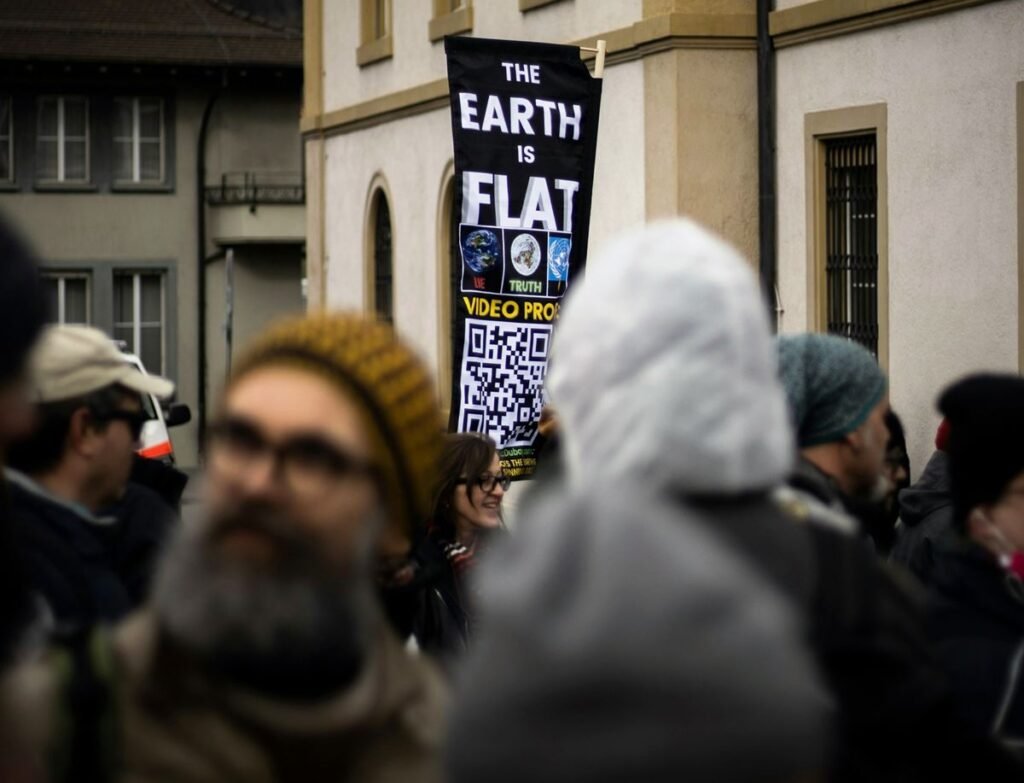The Commission and European Board for Digital Services endorsed Thursday the integration of the voluntary EU Code of Practice on Disinformation into the framework of the Digital Services Act (DSA).

The integration will make the Code a benchmark for determining platforms’ compliance with the DSA.
In January 2025, signatories to the Code – including companies designated as ‘Very Large Online Platforms’ and search engines (VLOPEs), such as Google, Meta, Microsoft and TikTok) – submitted necessary documents supporting their request for its conversion into a Code of Conduct under the DSA.
With its integration, full adherence to the Code may be considered as an appropriate risk mitigation measure for signatories designated as VLOPs and VLOSEs under the DSA. As such, the Code will become a significant and meaningful benchmark for determining DSA compliance. Compliance with the commitments under the Code will also be part of the annual independent audit, which these platforms are subject to under the DSA.
The Code is a widely recognised, robust set of commitments that together constitute a strong set of mitigation measures for DSA compliance. The value of these commitments lies in the fact that they are the result of an agreement between a broad set of actors, building on existing best industry practices. Taking into account the complexity and challenges related to tackling the spread of disinformation, the Code contains different, but interlinked areas:
- Demonetisation: cutting financial incentives for purveyors of disinformation;
- Transparency of political advertising: more efficient labelling for users to recognise political advertising;
- Ensuring the integrity of services: reducing fake accounts, bot-driven amplification, malicious deep fakes and other manipulative behaviour used to spread disinformation;
- Empowering users, researchers and the fact-checking community: better tools for users to identify disinformation, wider access to data, fact-checking coverage across the EU.
The measures combat disinformation risks while fully upholding free speech and enhancing transparency.
The Code conversion will take effect from 1 July 2025, making its commitments auditable from that date onwards. This timing will allow a synchronisation of the auditing of the Code’s commitments with the DSA audit for the relevant providers of VLOPs and VLOSEs.
The Commission and the Board will monitor and evaluate the achievement of the Code’s objectives, in line with Article 45 of the DSA.







